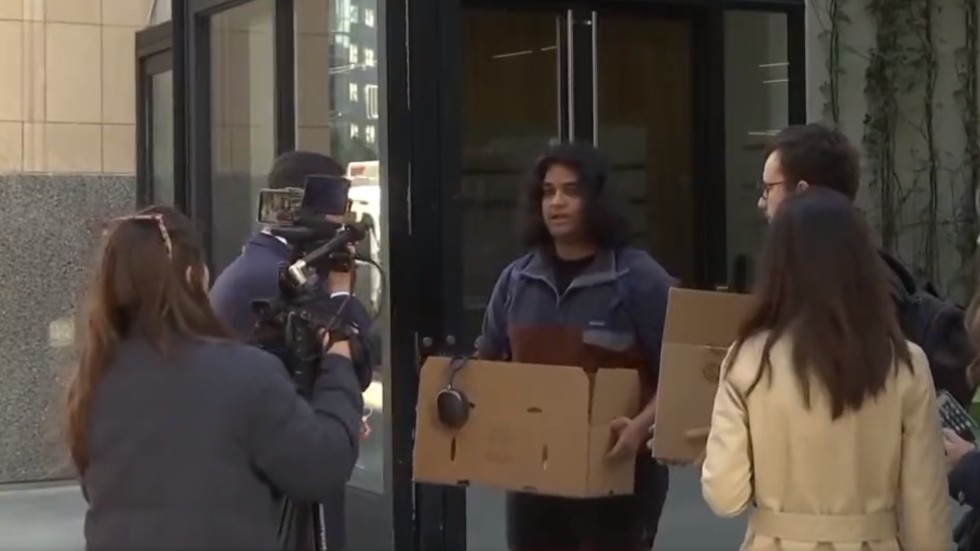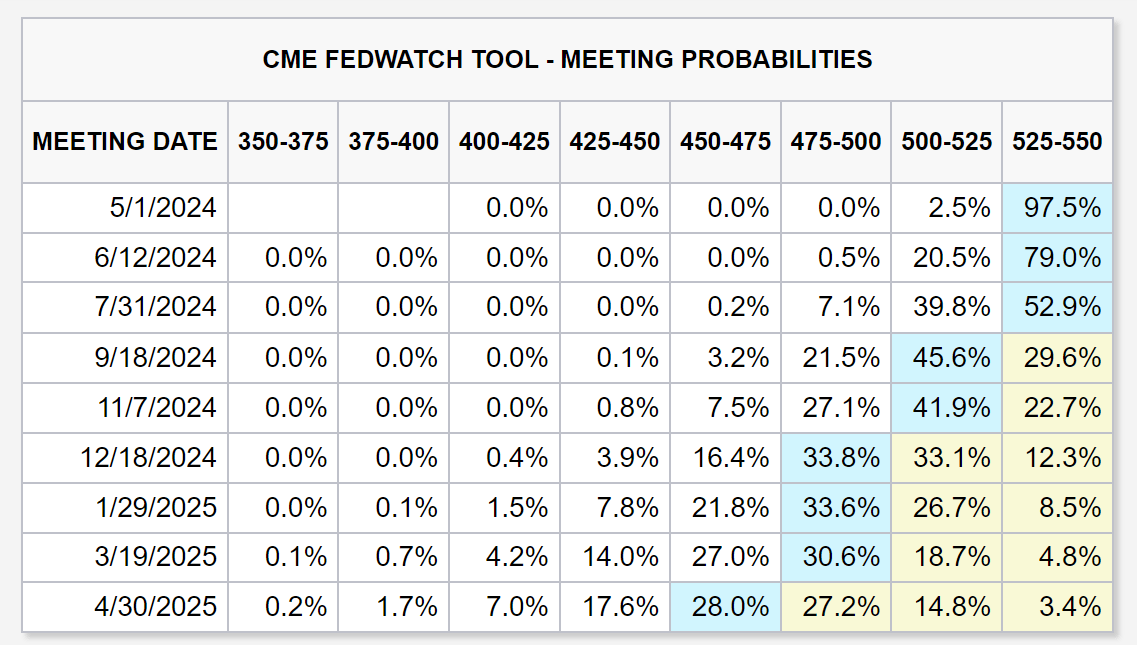There are ideal governments that some ideologues think will be born if they only dream about them hard enough; and there are actual governments, where politicians and bureaucrats respond to their ordinary incentives. Not every consumer wants to buy a luxury car at the cost of foregoing more of other things. We should would also expect poor consumers, ceteris paribus, to buy more bottom-of-the-line Kias and Hyundais.
For idealistic lovers of government power, it might (and should) be puzzling why the government of New York City and of other municipal governments in America are suing the manufacturer of these cars because they are more often stolen (“New York Sues Hyundai and Kia over ‘Explosion’ of Car Thefts,” Financial Times, June 7, 2023). The move from New York City comes after “a $200mn consumer class action settlement last month,” which means that all members of the class will get a tiny amount of money on top of having benefited from a low purchase price.
Thieves are attracted to these inexpensive cars’ less efficient anti-theft features (which, the company says, still comply with federal regulations). The victimized owners may end up paying more in insurance, but it’s their own business and risk—just as it is for those who prefer not to buy a more solid, safer, and more expensive Mercedes.
A car with more features and gadgets is more expensive. Don’t government economists know that simple fact? Wouldn’t one think that do-gooder governments should spend their energy fighting car thieves rather than penalising poor or thrifty crime victims and their suppliers? If only the federal government were as thrifty as buyers of inexpensive Kias and Hyundais!
It is far from the only instance of make-believe Robin-Hood governments actually hurting the poor and denying them the freedom to make their own choices. It seems difficult for governments to accept that there exist poorer individuals who pay for exactly what they want given their circumstances.
Any political theory incapable of explaining these realities is useless, if not mere propaganda.















